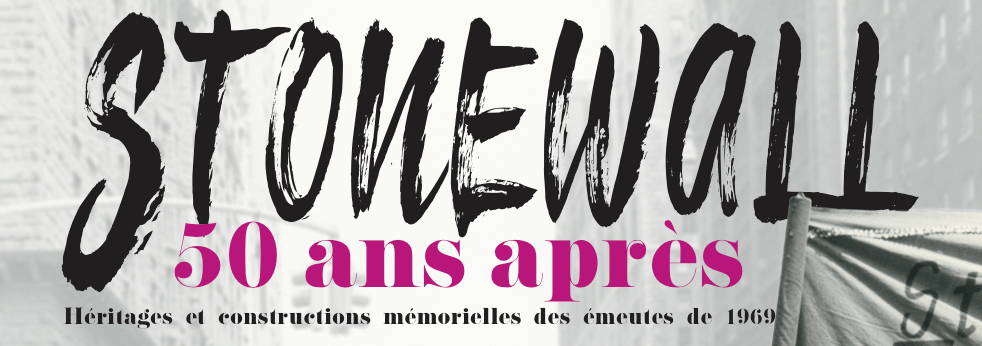This work studies the labor experiences of black, sexual minority women who were migrants or the children of migrants during the second wave of the Great Migration. Racist hiring and workplace policies made it difficult for black women to sustain themselves solely through the formal economy. As a result, many relied on informal economies as supplemental, intermittent, concurrent or predominant sources of income. Drawing from archival materials and oral histories we uncovered with 20 working-class, black lesbians who lived in or migrated to Detroit between 1950 and 1975, we identify these women as cultural straddlers. They made ends meet through informal work opportunities in light of unreliable labor markets, racism, and a repressive sexual climate. We argue that “cultural straddling” emerges when individuals must navigate between formal and informal economies, evolving social norms, and shifting political formations. A close reading of archival materials reveals that some women who chose to express same-sex desire also used sex with men, sex with women and sex for money to pursue independence, bodily freedom, and economic autonomy. The findings highlight how for some lesbians, work in the sex industry was a sustaining source of income. As black lesbians unattached from men, they cultivated spaces to express their sexuality and were in contact with a wide range of people, many of whom had work outside of the formal economy. The results encourage researchers to look more closely at informal economies as spaces for work opportunities and income sources for women during this historical period.
Speaker
Estela Bernice Diaz is a doctoral student and Paul F. Lazarsfeld Fellow at Columbia University. Estela's research interests center on issues of culture and inequality, with special attention to how families and institutions inadvertently reproduce dominant paradigms through micro-social interactions. Prior to beginning her doctoral studies, Estela worked as an undergraduate admissions officer at Princeton University. She holds a M.A. in Sociology from Columbia University and a B.A. in Sociology (with honors in sociology) from Princeton University. Her work is supported by the National Science Foundation (NSF) Graduate Research Fellowship Program and the Mellon Mays Undergraduate Fellowship Program.

 PDF version
PDF version
